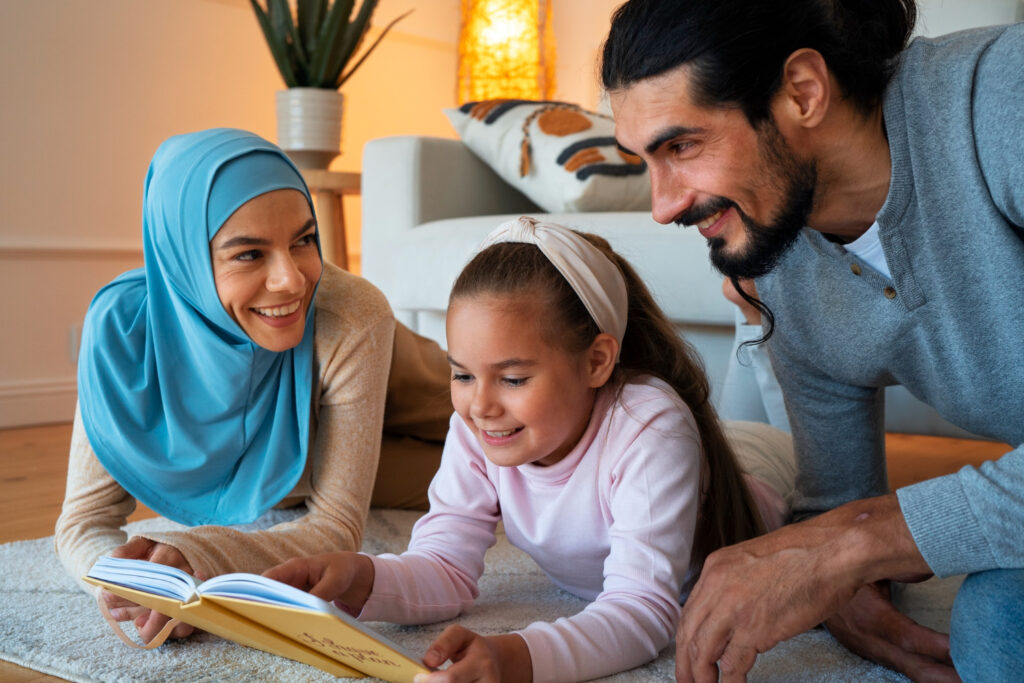Urdu, a language rich in culture and history, faces the challenge of preservation among second-generation immigrants living abroad. As families settle in new lands, the role of parents becomes pivotal in nurturing their children’s connection to Urdu. Here, we explore the significant ways parents can uphold and promote Urdu within their families and communities.

1. Language at Home: Creating an Urdu-Speaking Environment
Parents play a crucial role in establishing Urdu as a primary language spoken at home. By conversing in Urdu with their children on a daily basis, parents not only reinforce language skills but also instill a sense of cultural identity and pride.
2. Storytelling and Literature: Introducing Urdu Tales and Poetry
Introducing children to Urdu literature through storytelling, poems, and books enhances their language proficiency while exposing them to the richness of Urdu literary traditions. This approach fosters a love for Urdu literature from a young age.
3. Celebrating Cultural Festivals and Traditions
Engaging in cultural festivals and traditions associated with Urdu-speaking communities helps children understand the cultural significance of Urdu. Celebrating events like Eid, Jashn-e-Baharaan, and Pakistan Day encourages children to appreciate Urdu’s role in these festivities.
4. Formal Education: Enrolling in Urdu Language Classes
Enrolling children in formal Urdu language classes or schools that offer Urdu as a subject helps reinforce their language skills academically. It provides structured learning and expands their vocabulary and comprehension.
5. Community Participation: Involvement in Urdu Cultural Events
Encouraging children to participate in Urdu cultural events, such as mushairas (poetry recitals) and cultural gatherings organized by community associations like Anjuman Muhibban-e-Urdu Hind, fosters a sense of belonging and pride in their Urdu heritage.
6. Digital Resources: Utilizing Online Platforms and Media
Leveraging online platforms, Urdu websites, and digital media resources can supplement children’s learning experiences. Educational apps, podcasts, and videos in Urdu provide interactive tools for language practice and cultural exploration.
7. Parental Support and Encouragement
Above all, parents must actively support and encourage their children in their Urdu language journey. Praising their efforts, providing opportunities for practice, and addressing challenges positively can motivate children to embrace Urdu as an integral part of their identity.
Final Thought
In conclusion, the responsibility of preserving Urdu among second-generation immigrants rests significantly on the shoulders of parents. By nurturing a nurturing environment, introducing cultural activities, and supporting educational endeavors, parents empower their children to embrace Urdu with pride and fluency. Together, they contribute to the vibrant continuation of Urdu language and culture in diaspora communities worldwide.
